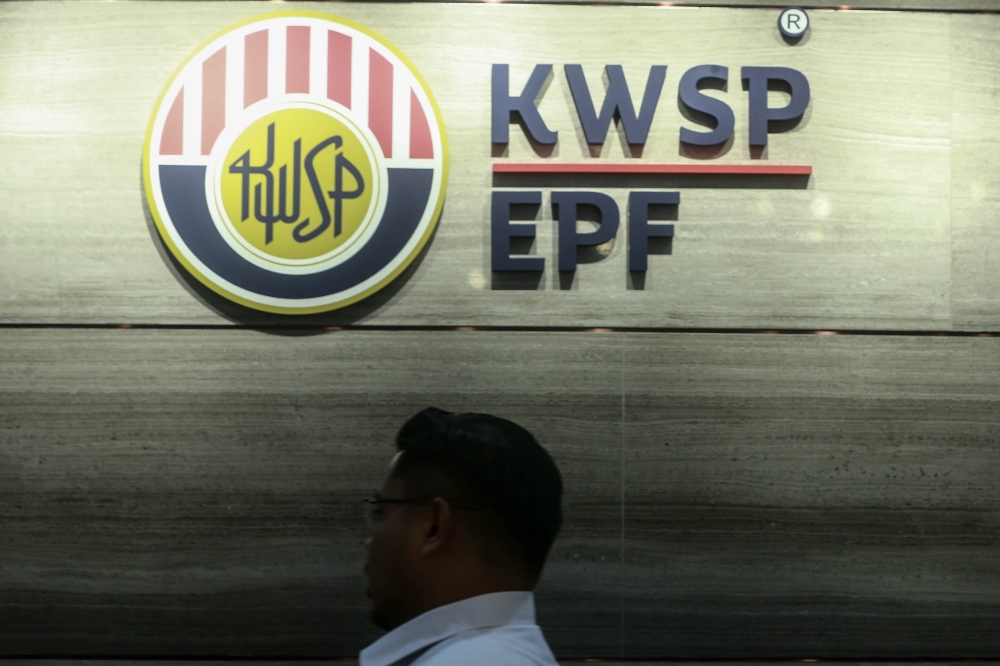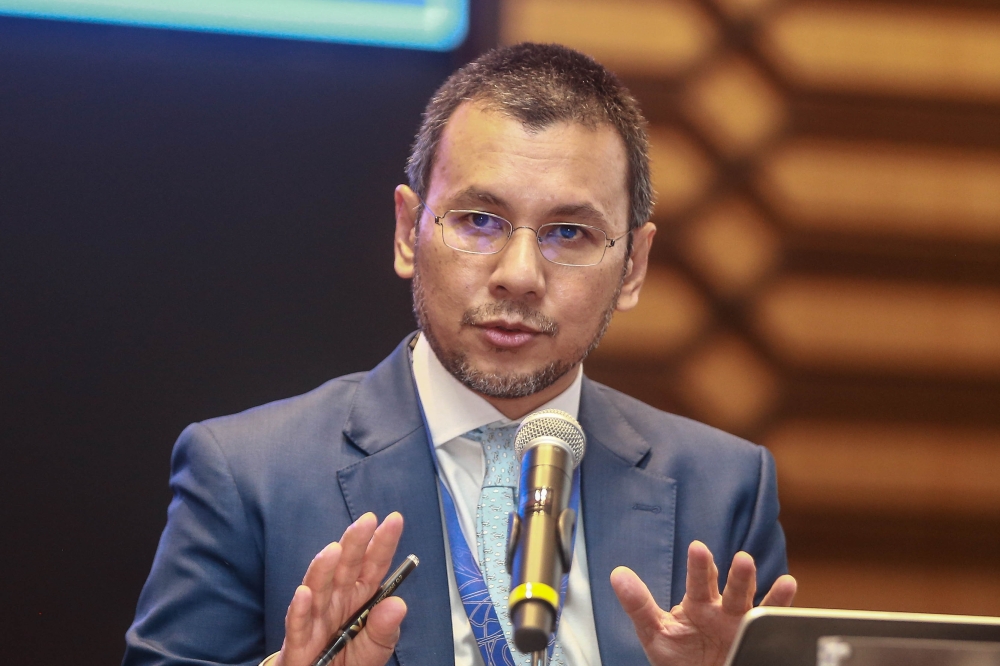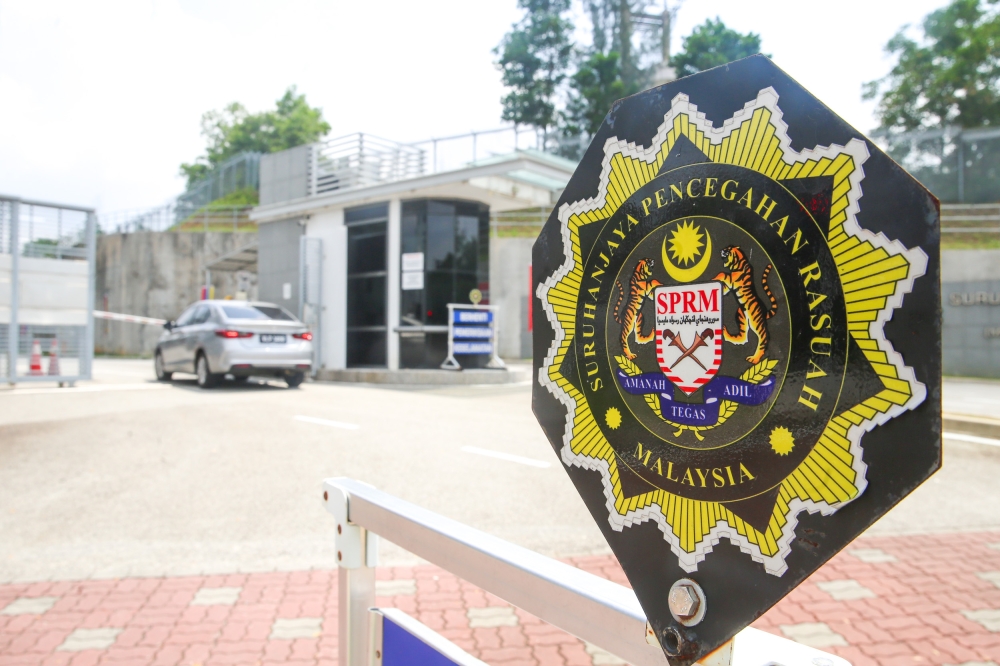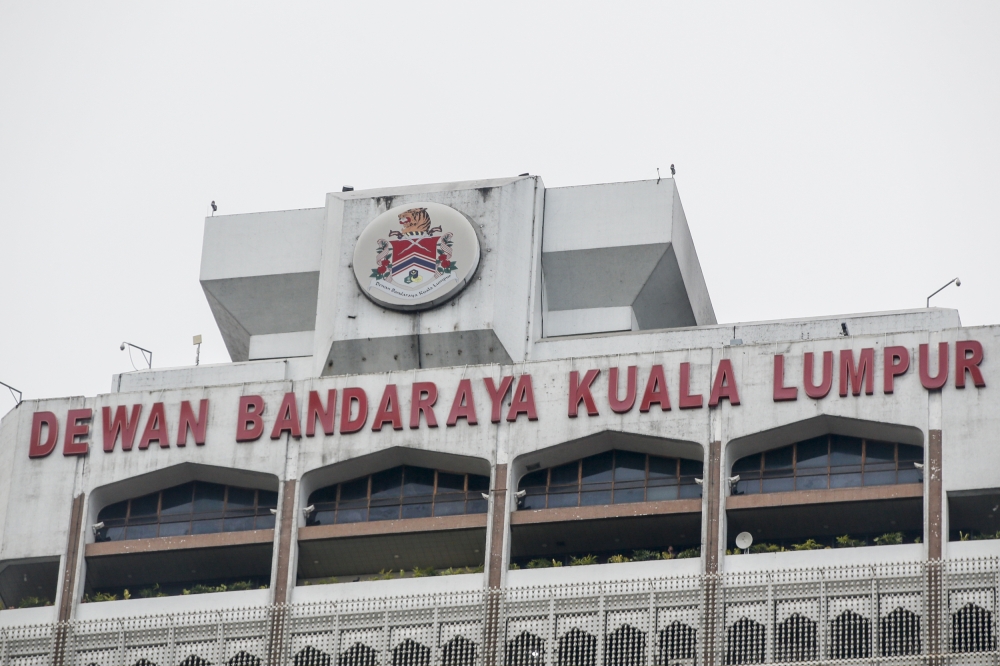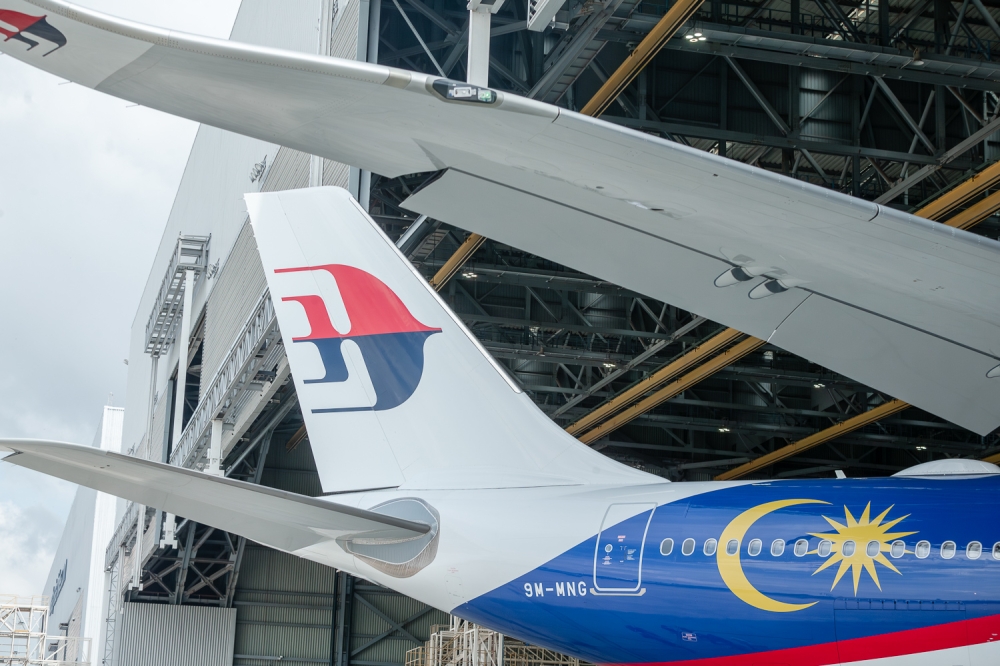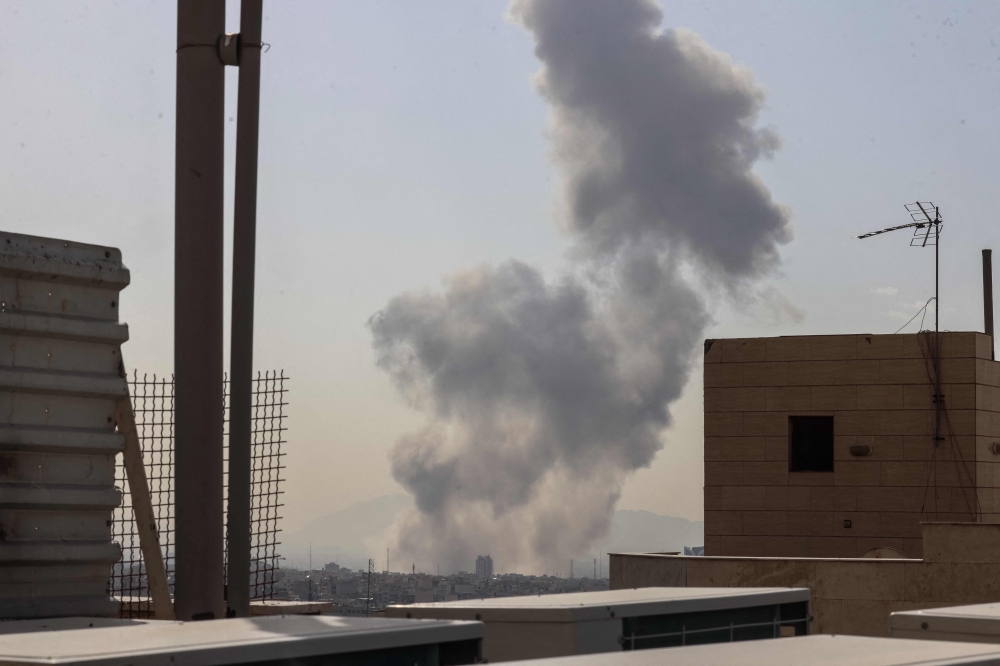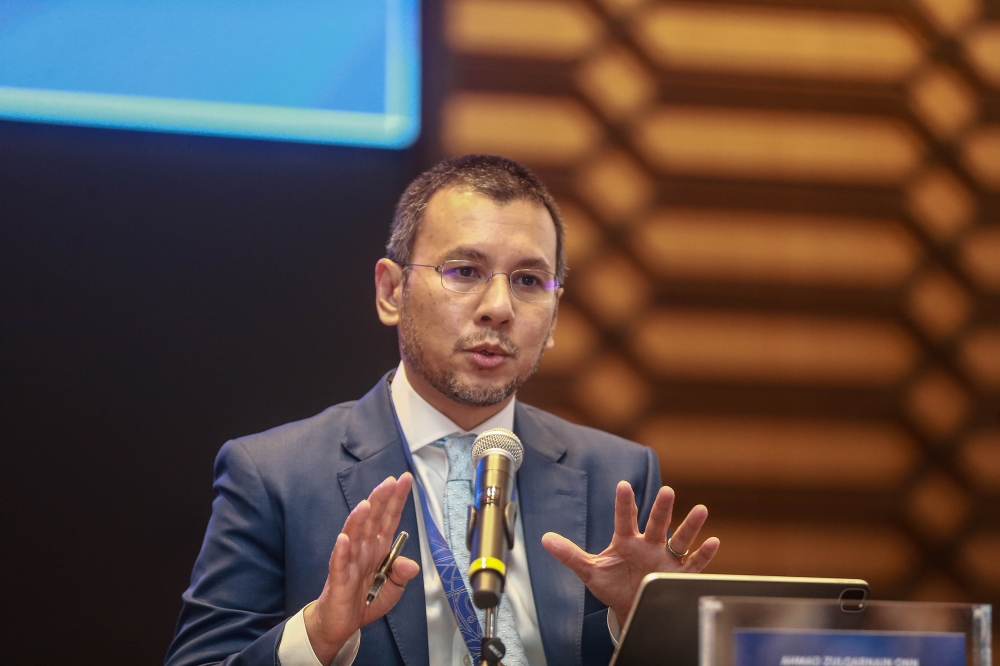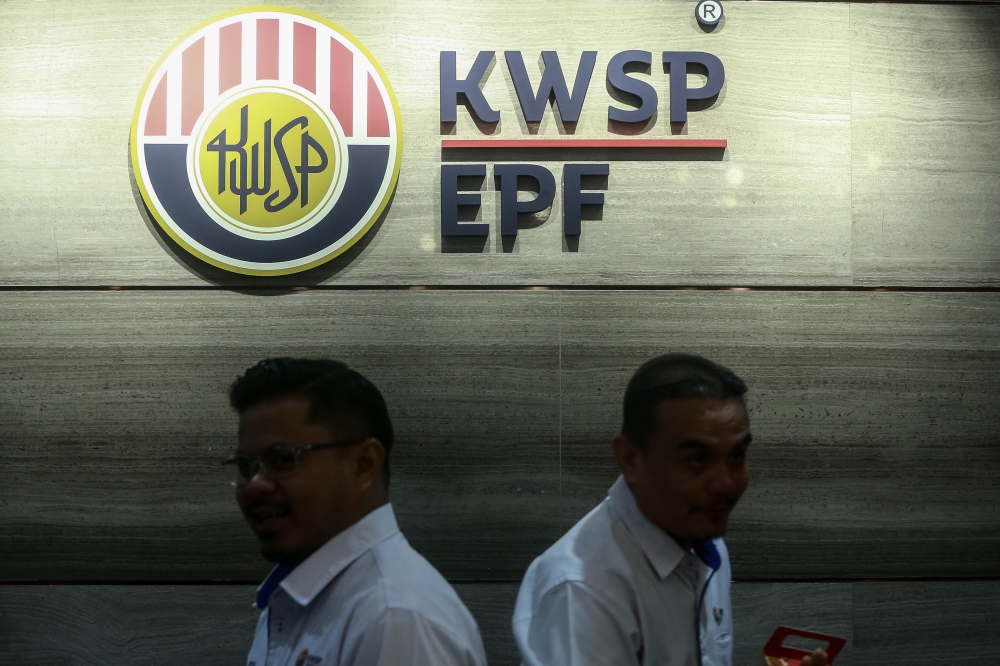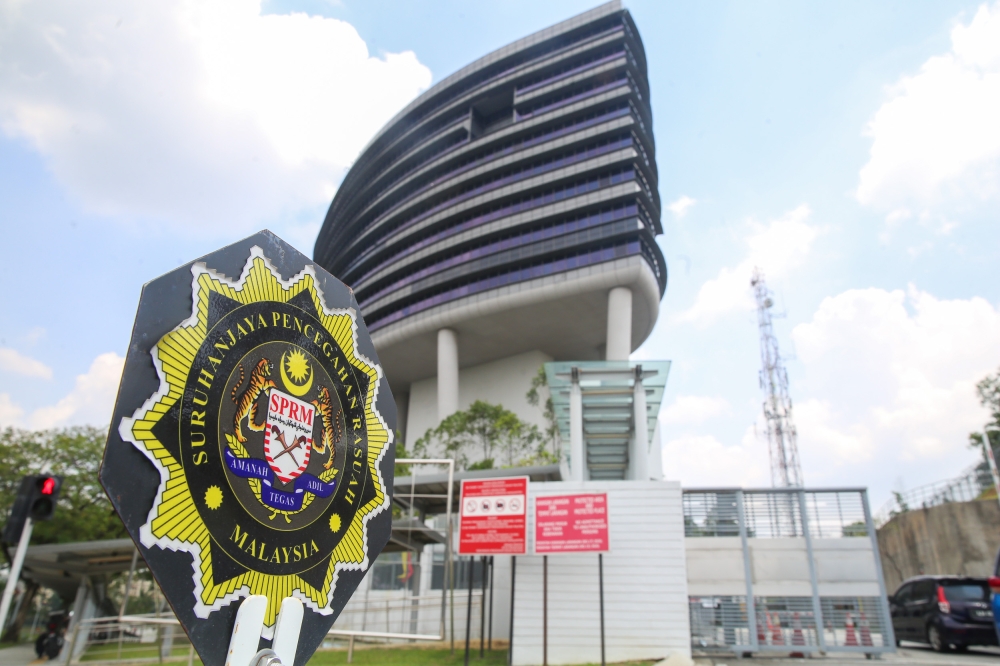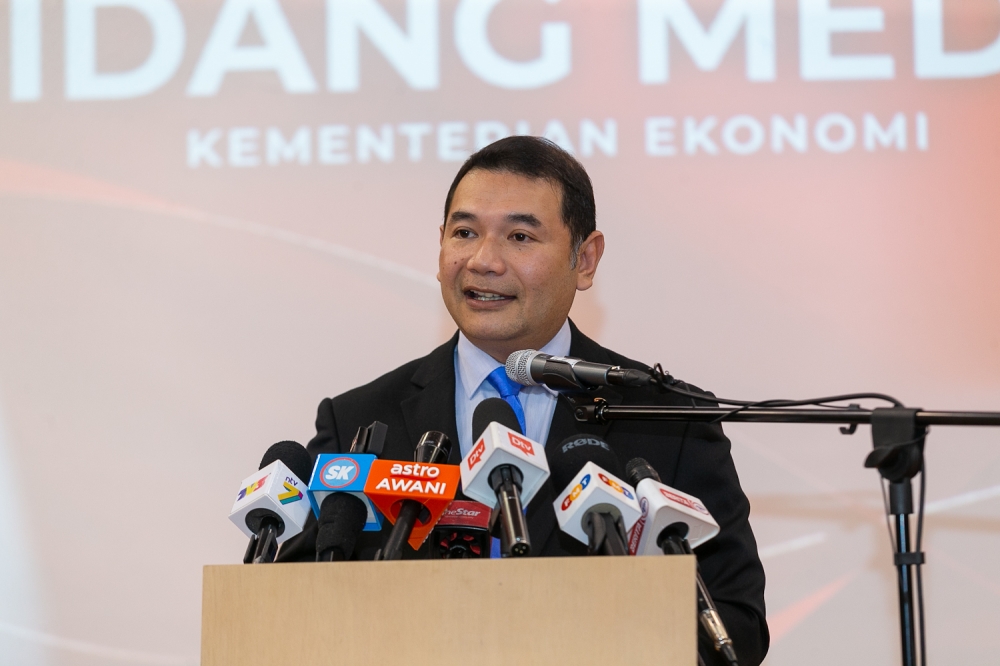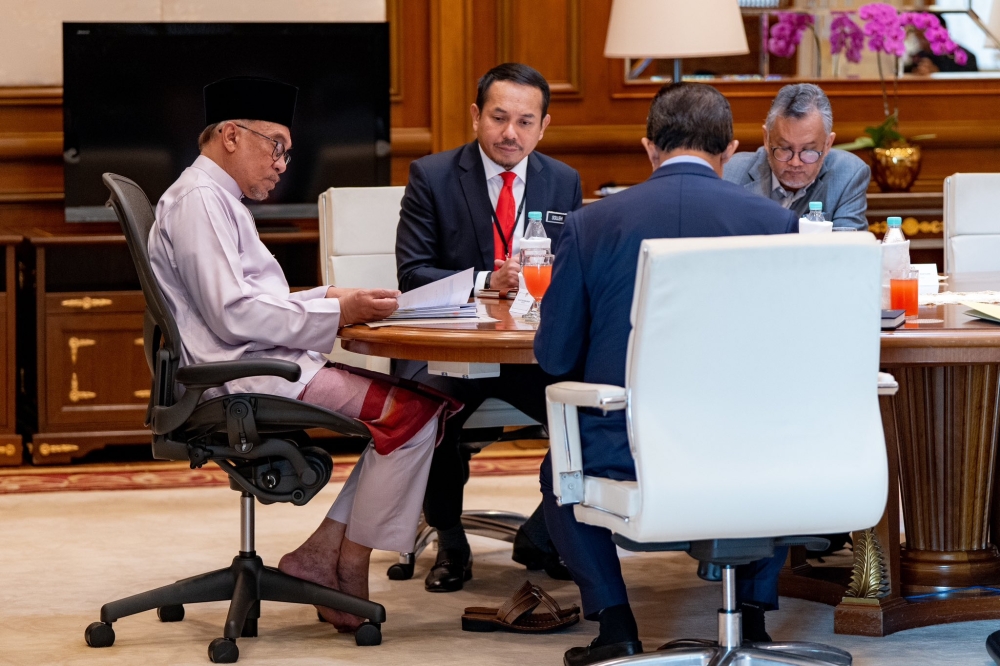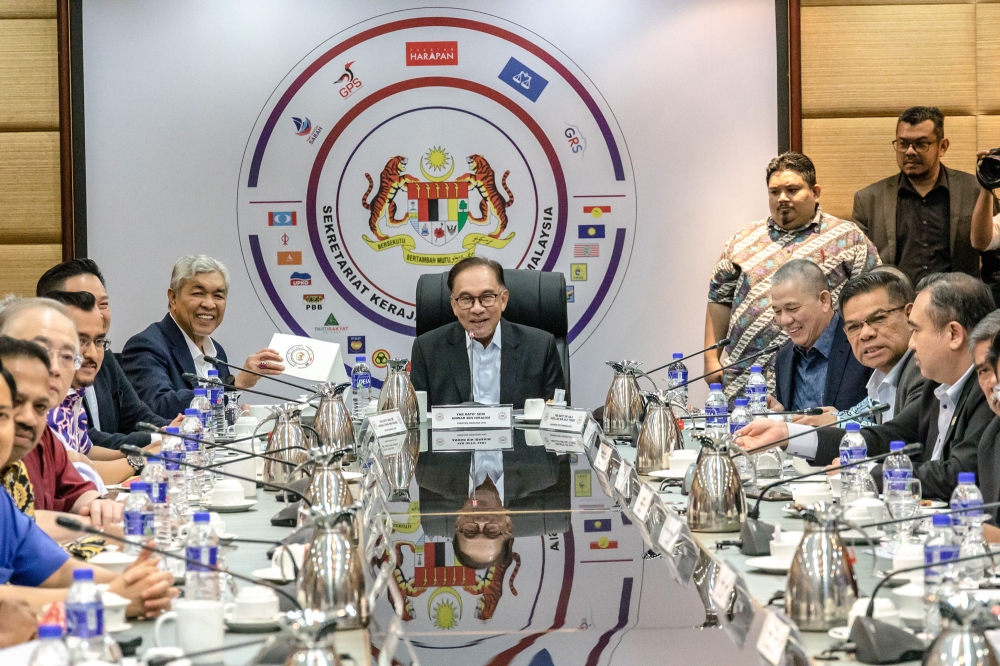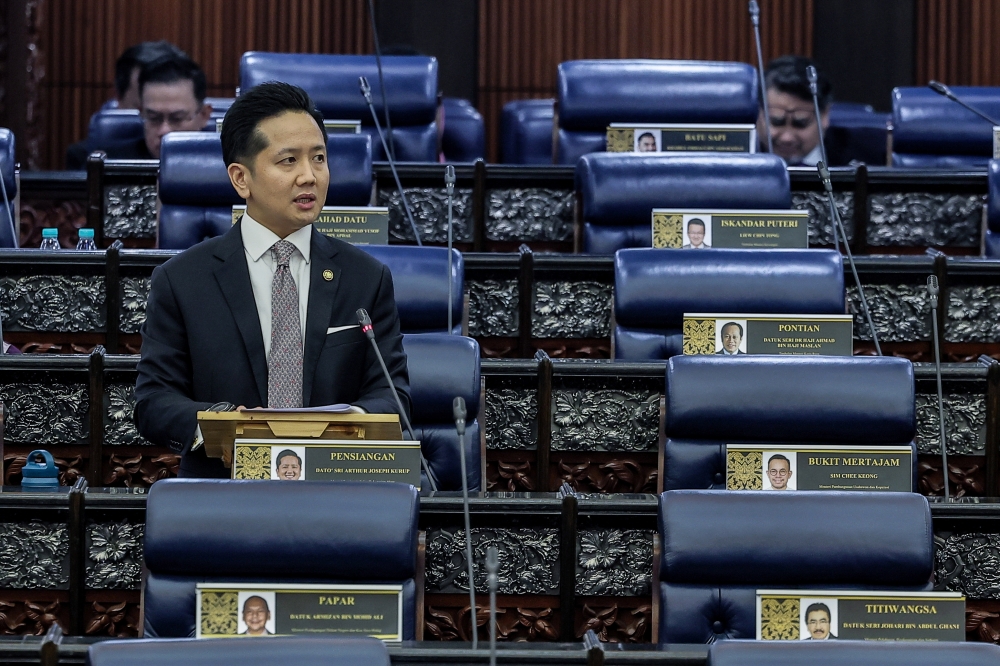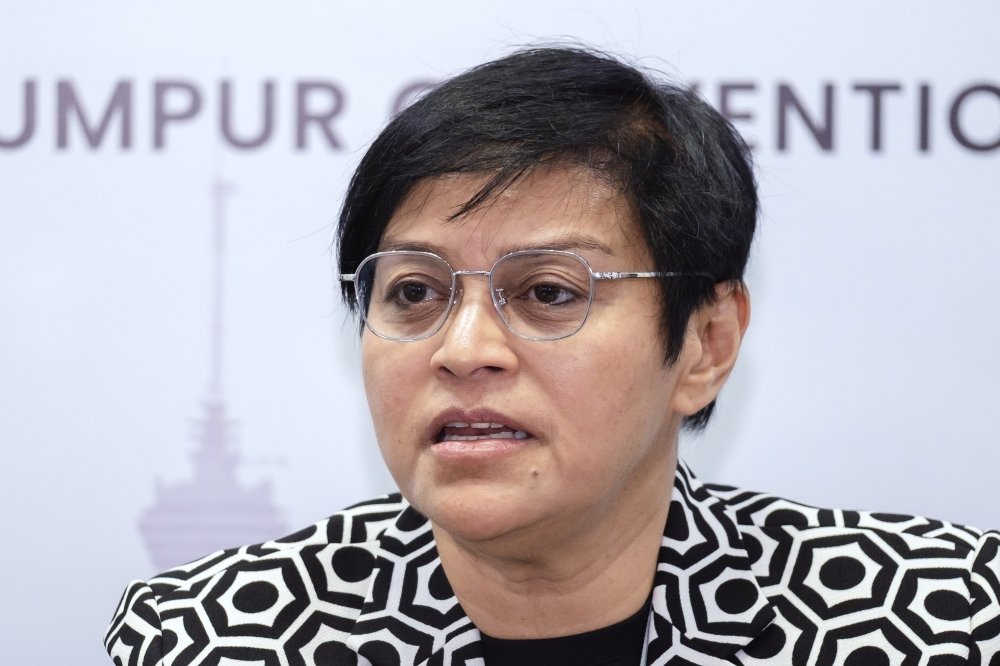PUTRAJAYA, March 6 — The Ministry of Economy will meet stakeholders from 20 poorest districts over the newly launched People’s Income Initiative (IPR), said Rafizi Ramli.
The economy minister said that this is part of the government’s effort to address hardcore poverty from states such as Sabah, Kelantan, Terengganu, Perlis and Kedah.
“The ministry will call leaders from government officials, people’s representatives and also agencies involved from the poorest districts in Malaysia, for example those from Tongod, Pitas, Kota Marudu, Beluran, Kudat, Telupid, Pusa, Nabawan, Kota Belud, Jeli, Kinabatangan, Kuala Krai, Gua Musang, Bachok, Pasir Mas, Tumpat, Besut, Marang, Hulu Terengganu, Machang and Dungun,” he said in a press conference to announce the January 2023 Consumer Price Index (CPI) here today.
He also revealed that 22,319 people have registered for the initiative that was launched last week and said they will then be vetted to ensure they were eligible to join the IPR.
Rafizi said that more than half (52 per cent) registered under Insan, 29 per cent under Intan, and 19 per cent under Ikhsan portions of the IPR.
He also reiterated that the initiative would reduce Malaysia’s dependency on migrant workers but did not elaborate.
“The highest number of registrations came from Selangor, closely followed by Johor and Perak. Many people are taking this opportunity to improve their lives and build a brighter future,” he added.
He also announced that the first site for Intan will be ready by April and said that the first 20 participants will start entering the site in the next three weeks.
Last week, the ministry launched conditional aid programme that would nudge the hardcore poor into farming and food sales by saying cash handouts alone failed to help them escape poverty.
Rafizi, who is responsible for the programme, has been allocated RM750 million to train some 120,000 hardcore poor households to grow crops, sell cooked food and provide in-demand services to raise their income.
Rafizi said during its launch that IPR’s primary goal is to create an “ecosystem” that would enable a long-term, income-generating programme for its participants that spans from retail to the entire supply chain.
The programme’s three main thrusts are Intan, Insan and Ikhsan. The first will nurture agricultural entrepreneurs who would be trained to grow food. This food will then be supplied as raw ingredients for cooked food entrepreneurs trained under Insan.
Ikhsan’s goal would be to train participants for in-demand work that experience labour shortage.
Separately, when asked about how the January 2023’s CPI increase of 3.7 per cent would affect the country’s market for the next six months, Rafizi said that the ministry is unable to provide any forecast.
On February 24, national news agency Bernama reported that Malaysia’s CPI for January 2023 eased to 3.7 per cent from 3.8 per cent in December 2022, said the Department of Statistics Malaysia (DoSM).

